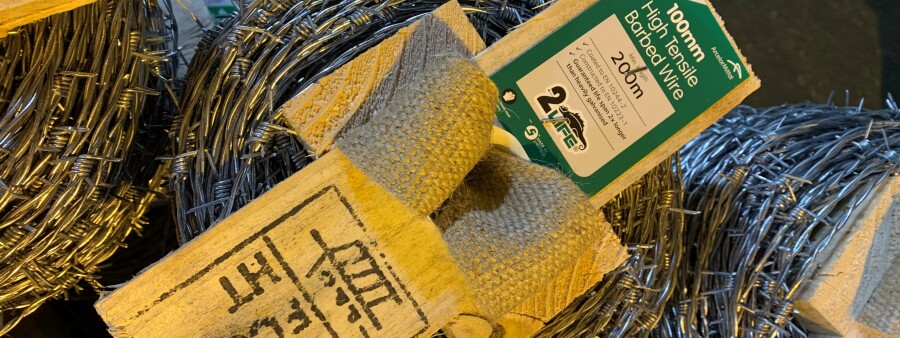
We are hearing a lot in the media about Brexit issues now the UK has finally left the EU, but how is it in reality? We spoke with Sheffield manufacturer ArcelorMittal, to find out how they are dealing with Brexit and what issues they are finding themselves faced with.
As a major exporter to Ireland of finished goods and a major importer of raw materials and consumables from the EU, ArcelorMittal Sheffield are seeing the issues Brexit is presenting from both sides.
“From the point of view of selling our goods into the EU, probably the main issue we are facing at the moment is the availability of transport and having trucks available in the right place when we need them” commented CEO, Tony Hinchliffe. “We are extremely experienced in exporting goods from the steel fibres side of our business so we were already knowledgeable and prepared on the manufacturing side of things with having to produce our goods on ISPM 15 certified (heat treated) pallets and reels for example”.
“Once we knew the Brexit deal that had been struck and what it entailed, we worked with our EU export customers to prepare for deliveries from January onwards” Tony explained. This included actions like ensuring EORI (Economic Operators Registration and Identification) numbers were set up and shared in advance to help ease new customs operations.
“It’s early days and new topics/issues are cropping up daily but so far, we have not had encountered any major issues in getting our products to our customers in Ireland. We may have experienced some slightly longer delivery times resulting from a slow customs procedure, but generally we have not been adversely affected by anything so far…let’s hope that’s not a case of famous last words!”
When it comes to importing goods such as raw materials, ArcelorMittal Sheffield are fortunate to be able to call on the expert assistance of their Group shipping experts for help with topics like import declarations and commodity codes. “The main issue really is adjusting to the new rules and ways of working and getting to grips with the new paperwork requirements” said Tony. “But again, it is so far so good on this front. We are learning each time we have different goods coming in from different suppliers and EU countries, but we have already started to see things settle down with suppliers where we have already had multiple deliveries”.
“It’s far from being a smooth, easy transition, but I would say we are definitely on top of it. As things progress further in the year and import quotas potentially start to kick in, this will present us with a whole new range of issues I’m sure but we will cross that bridge when we come to it!” Tony concluded.